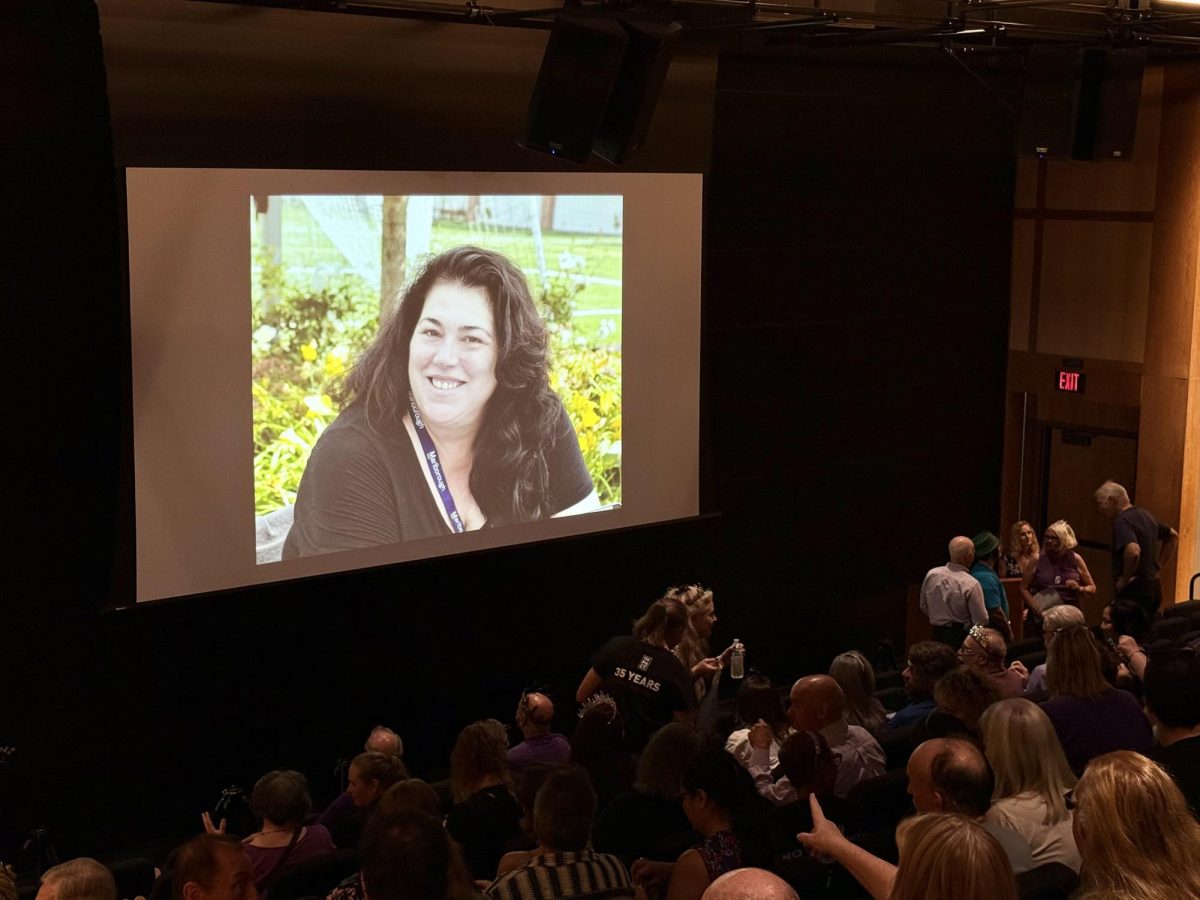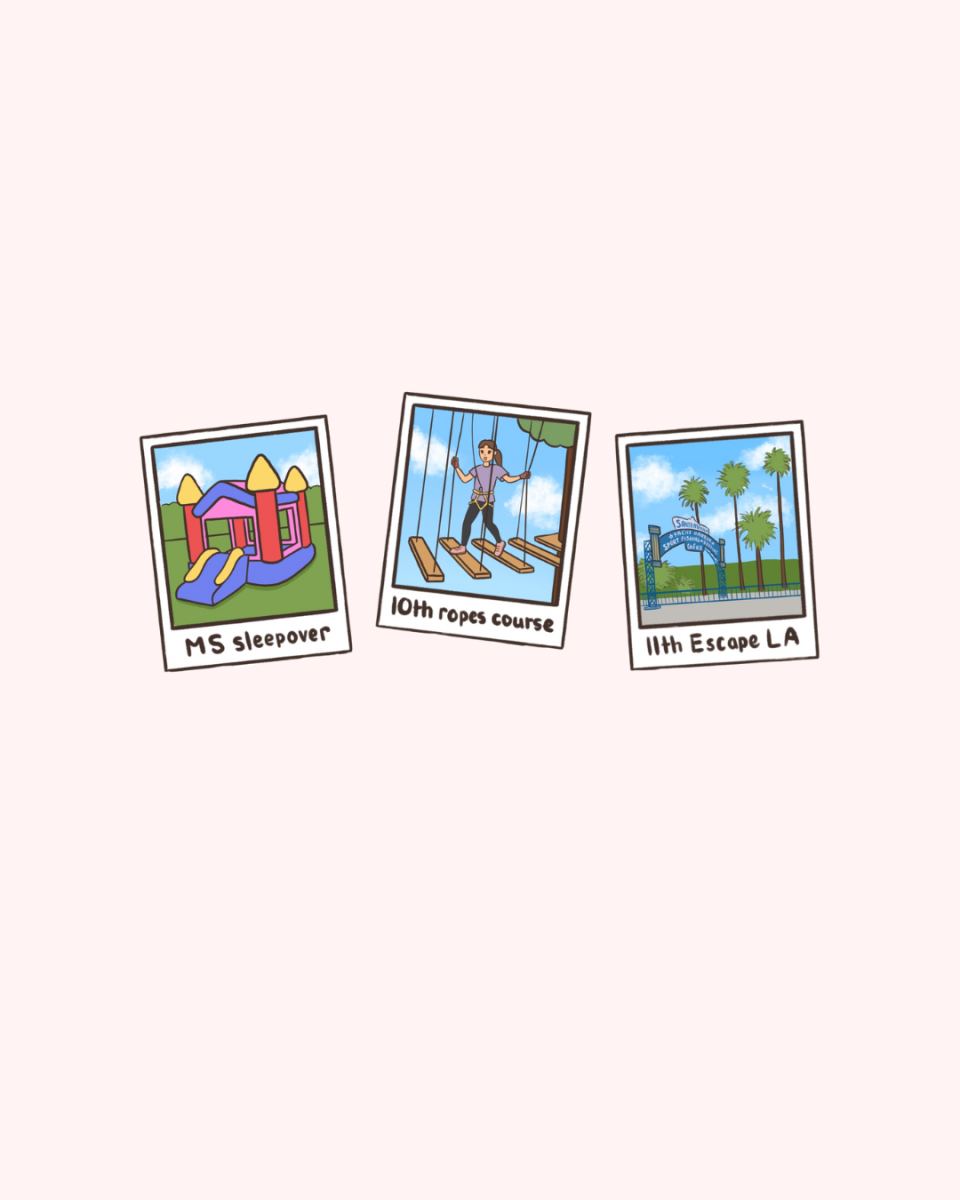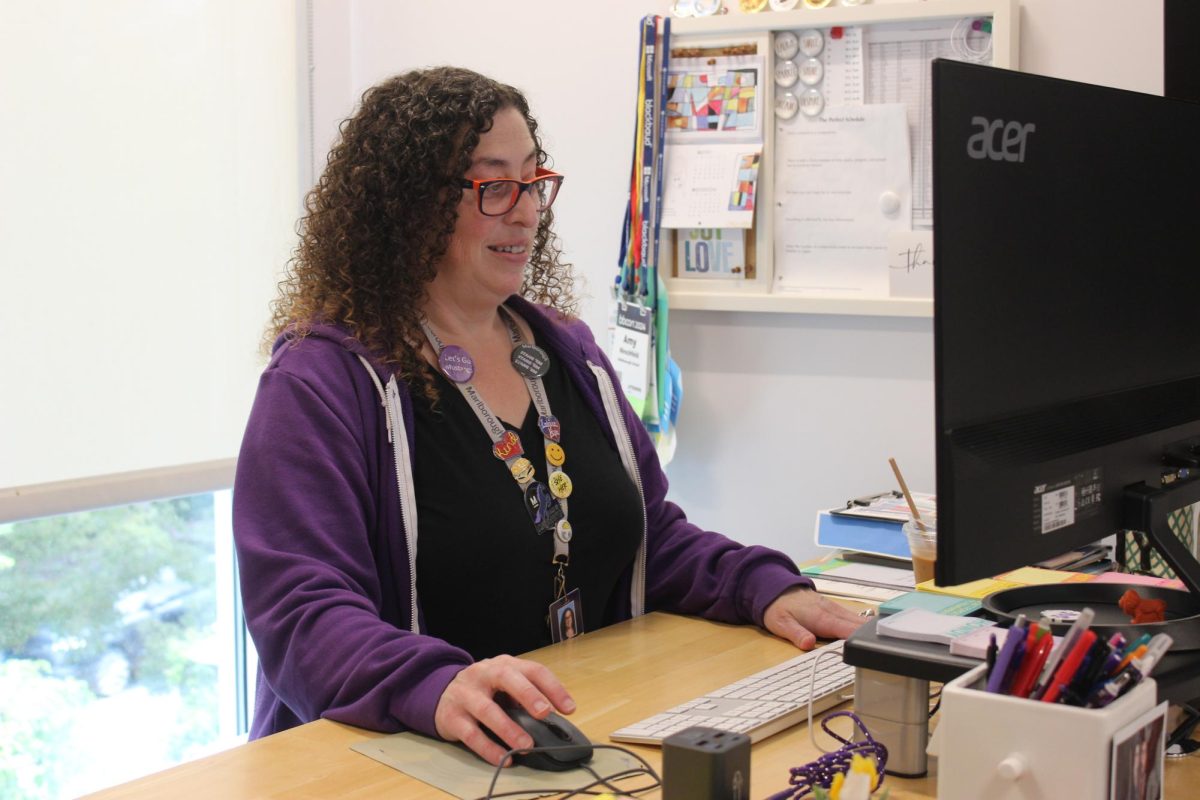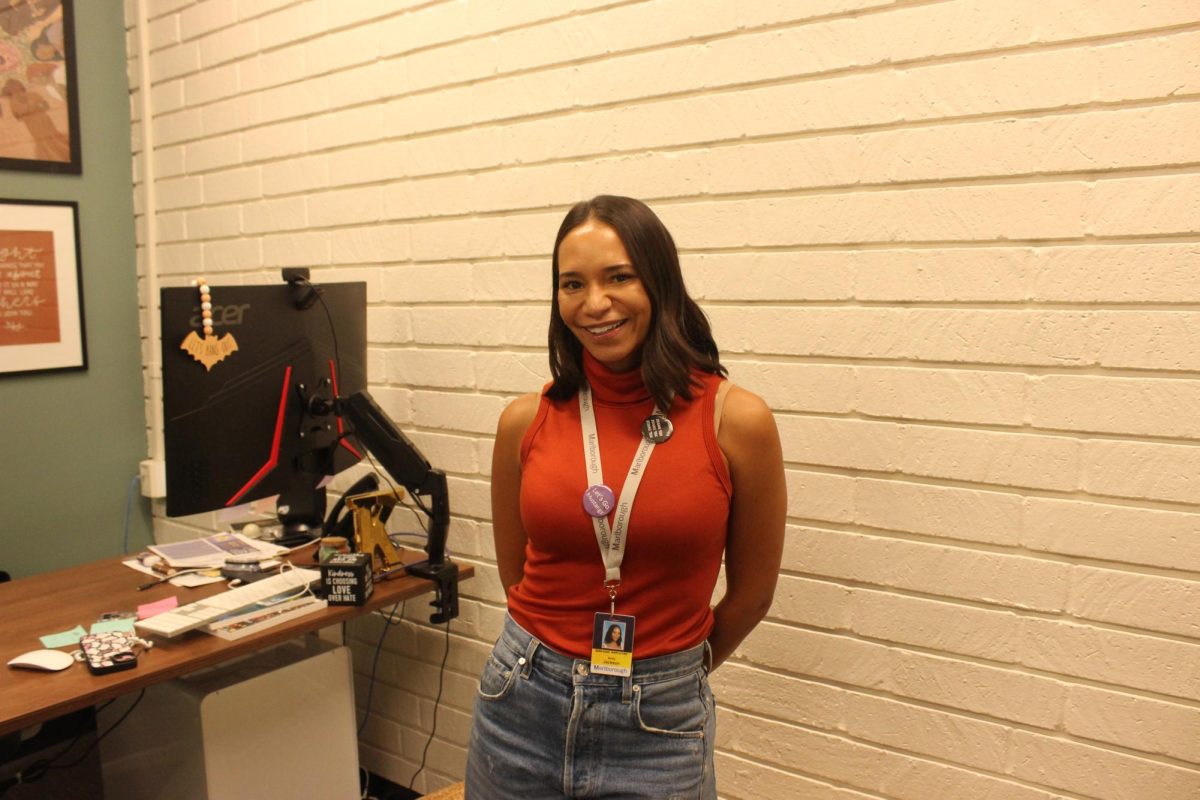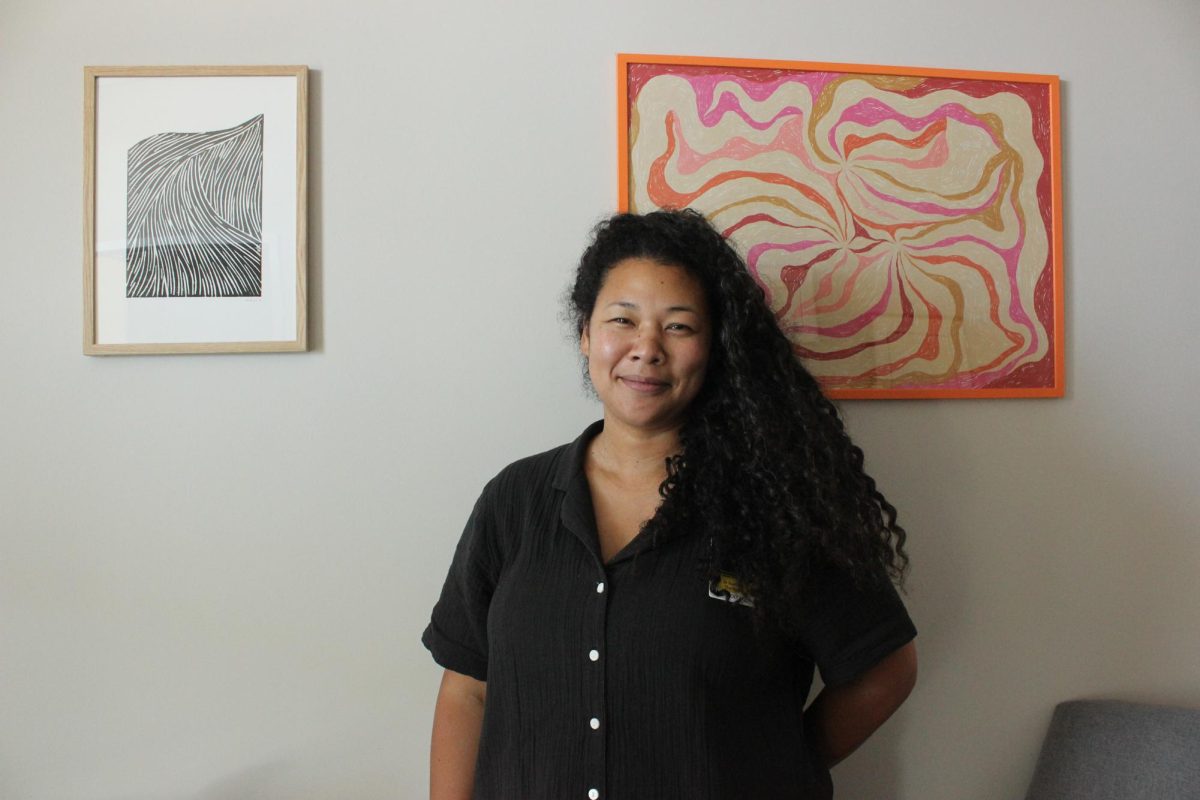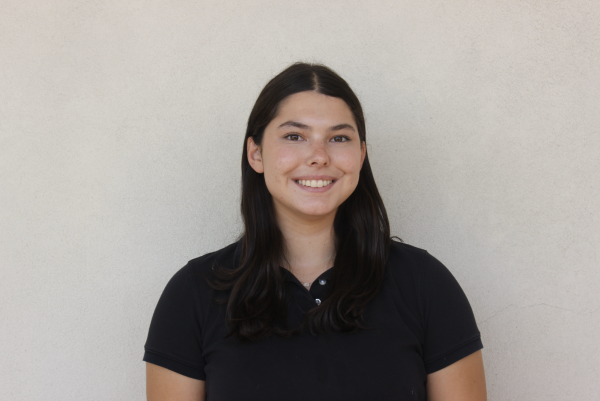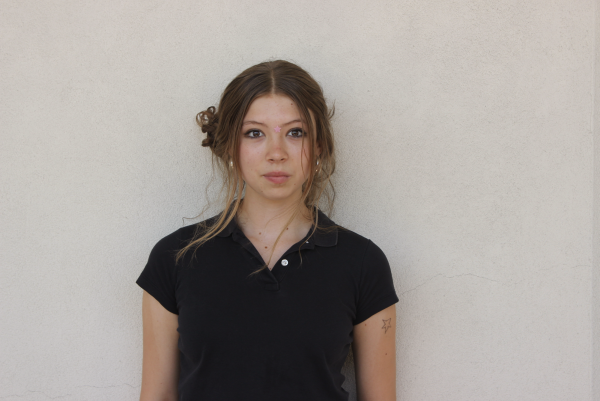History Instructor and Los Angeles native Daniel Lynch has been passionate about the history of LA since growing up in Pasadena. Following the announcement of History Department Head Mabel Wong’s departure and the need to replace her course, Theories and Politics of Race (TPR), Lynch pitched the new senior Honors Humanities Seminar: Deep LA.
“Dr. Wong has an amazing class that has been very popular at Marlborough, and that is something that is going to take a lot of work to try to live up to, but this will be a class that builds on my own expertise and interests in this particular subject,” Lynch said.
Lynch’s extensive knowledge of LA history has culminated in several projects such as his undergraduate thesis on jazz musicians in LA during World War II, his master’s thesis on the first public school in San Gabriel and a book he will publish in 2026 called “Masters of Ceremony: Masculinity, Race and the Beginning of American Los Angeles.”
“It always feels like I’m trying to squeeze my knowledge of LA history into a larger U.S. history course or world history course, but now I get a chance to really share the lessons, the insights and the many great readings that I’ve gathered over the years,” Lynch said.
This year, Lynch introduced and taught LA Beginnings, an elective course that covered topics like early Hollywood and car culture in the city. Stemming from that class, Deep LA will be a more extensive, advanced version.
“[Deep LA] is going to cover the full range of local history up to the present moment and beyond, and it will involve a rigorous schedule of college-level readings,” Lynch said. “It is an honors level research seminar that is very much a college seminar type of course.”
While Deep LA will have a narrower geographic scope of content than TPR, Lynch will continue Wong’s emphasis of diversity through history.
“There is an overlap with [the classes’] emphasis on not only history but ethnic studies curriculum and looking at dynamics related to ethnic studies, [such as] how race, gender, sexuality and class have structured and continue to structure local patterns of power, belonging and resistance,” Lynch said.
Deep LA will allow students to engage closely with the LA community by working with local librarians and through field trips with the class. Furthermore, at the heart of the course lies the “Community Core Project,” in which students will research one community close to them and another they are curious about but have little to no relation to.
At the end of the year, students will choose an issue related to one of those communities and trace it back as far as they can. Then, they will make two educated predictions for possible futures for that issue in the community.
“I’m very excited about students taking the initiative and becoming experts on these communities and really exploring the issues and conflicts that matter to them,” Lynch said.


